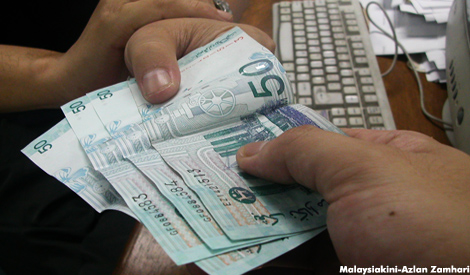
“Power tends to corrupt and absolute power corrupts absolutely. Great men are almost always bad men, even when they exercise influence and not authority; still more when you superadd the tendency of the certainty of corruption by authority.”
- Lord Acton, historian
“The worst affected from corruption is the common man.”
- Kailash Kher, Indian playback singer
QUESTION TIME | The Oxford English Dictionary defines corruption as dishonest or fraudulent conduct by those in power, typically involving bribery. But in these days, one has to extend that to some forms of patronage - there is often a rather thin line between this and corruption, and to outright thievery and convoluted measures which amount to the same.
The same dictionary defines patronage as power to control appointments to office or the right to privileges. This is often used to distribute the largesse of the nation through contracts, procurements, allocations, etc, which will effectively become corruption without proper control, evaluation and accountability.
In the beginning there was hope when the various races put aside their differences to take our fate and destiny into our own hands and to mould the nation together in the image we wanted to, with the Malay bumiputeras leading the way politically, the Chinese providing entrepreneurial skill and Indians providing strength in the civil service and the labour input.
Even in those early days, it was fully realised that the Malays were the most disadvantaged community and that they needed some form of affirmative action through education and quotas and a mechanism to implement them. This special position was enshrined in the constitution and never questioned by anyone in the coalition Alliance, the forerunner of BN, which led the country to independence in 1957.
Such was the unity among the people behind Alliance that in the first free elections in 1955, the Alliance won 51 out of 52 parliamentary seats in the then Malaya, the only other seat going to the Pan Malayan Islamic Party, the forerunner of what is now PAS. A record 80% of voters supported the Alliance. But that power was not balanced by a sufficient system of controls and accountability, with the system being largely patriarchal in the belief that the political leaders knew what was best for the population.
That was a tremendous concentration of power within Alliance and even in those days, the two-thirds majority in parliament was freely used to amend the constitution basically to ensure that Alliance/Umno stayed in power by changing rural weightage and gerrymandering. Power was already beginning to corrupt.
Despite all that, the May 1969 election dealt a severe blow to Alliance’s domination of Malaysian politics when voters denied it a two-thirds majority for the first time in four elections. It also lost its majority of the popular vote for the first time. The riots of May 13, 1969 resulted in emergency rule, the ouster of Tunku Abdul Rahman as prime minister by Abdul Razak Hussein and his allies (which included an up-and-coming politician by the name of Dr Mahathir Mohamad who had lost his seat to PAS in 1969), and the formal introduction of the New Economic Policy or NEP.
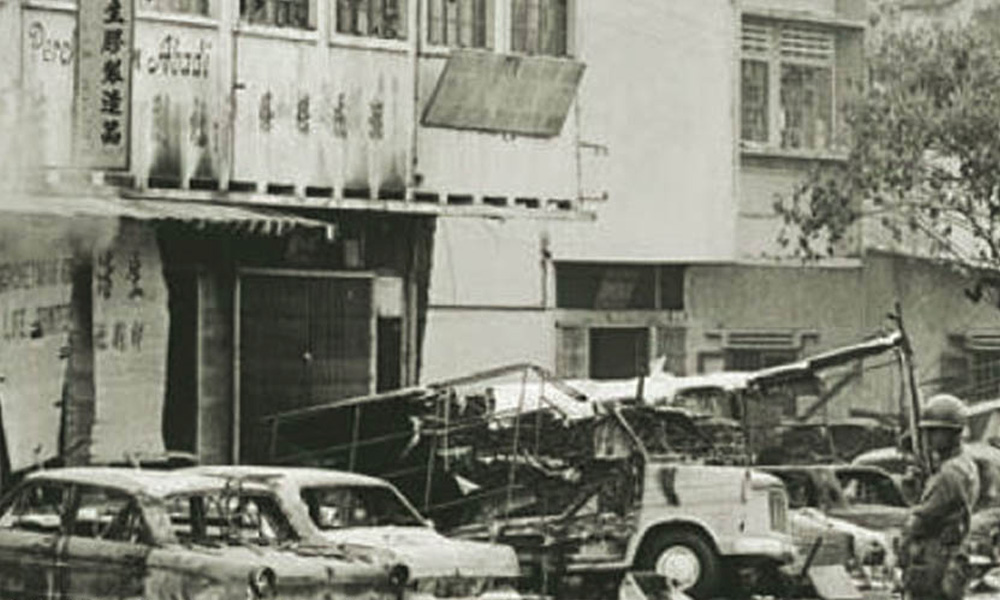
Razak, current prime minister Najib’s father, wielded the big stick and beat into shape a coalition, Barisan Nasional or BN, which included two main victors in 1969, Gerakan and PAS, with only DAP being the major party which stayed out of the coalition. BN’s two-thirds majority in Parliament and popular vote had been restored.
Up to that point, while corruption and patronage were in existence already and led to the building up of a coterie of businessmen, mainly Chinese, who supported the Alliance wholeheartedly and made campaign contributions, it was not yet endemic in the system. That would happen after the NEP - the flawed practice of which led to substantial abuse of power.
A cowed, subdued population, gave BN over 60% of the vote and 88% of parliamentary seats in 1974 and a two-thirds majority in every election until 2008, making eight consecutive elections with the coveted two-thirds majority. In 2013, BN retained power, but not only did not regain two-thirds majority but lost the popular vote as well.
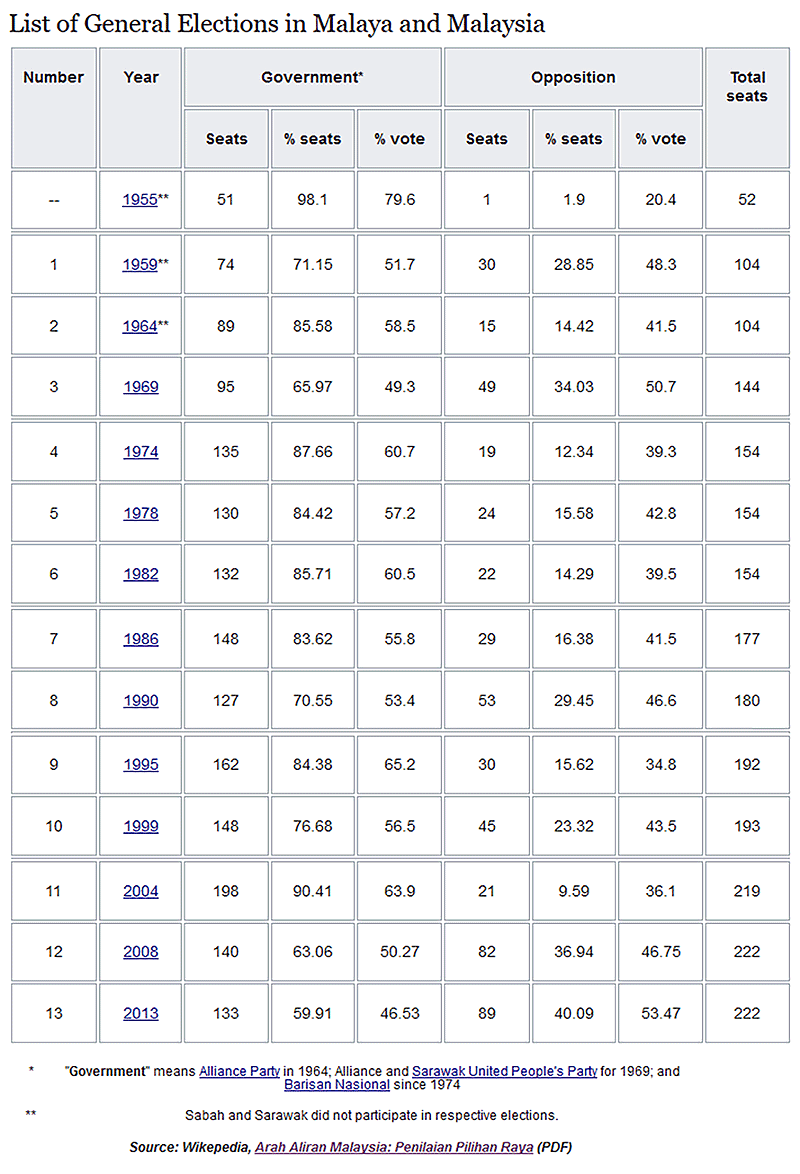
Those 32 years between 1974 and 2008, all but 10 years of that with Mahathir as prime minister, saw a major increase in the level of patronage and corruption with contracts not going through open tender, dubious privatisations, the rise of mainly Malay businessmen, but Chinese and Indian businessmen as well, much of it through patronage politics which awarded contracts, concessions, covenants and commitments to connected businessmen.
While many considered the NEP of 1970 a fair document with its twin aims of eradicating poverty irrespective of race and eliminating the identification of race with occupation, other measures distorted the policy with the flawed 30% target for ownership of capital for bumiputeras becoming effectively the de facto measure of success of the NEP.
That together with the rule that companies looking for government contracts had to be majority bumiputera-owned and that 30% of large and public listed companies had to be owned by bumiputera individuals or institutions led to an upsurge of patronage and corruption in Malaysia from the late 70s and 80s onwards never before seen in the country.
“Ali Baba” companies where mainly Chinese businessmen effectively controlled companies fronted by Malay “businessmen” were common and government contracts obtained by Malays were purveyed down the line as many as six times, according to Mahathir himself, to provide six layers of profit for doing nothing but being connected. This inflated costs considerably.
The largesse of corruption was distributed too but mainly at the top. Still the main beneficiaries were the businessmen, mainly Chinese, who directly or indirectly got much of the contract with increasing numbers of Malays and the occasional Indians.
The politicians, mostly Malays, got much of the cut, a smaller portion but large in absolute terms. The more corrupt the politicians became, the more they relied on race and religion to get voter backing. With corruption in place, the distributional goals of the NEP could not be achieved. BN and Umno were actually betraying the Malays.
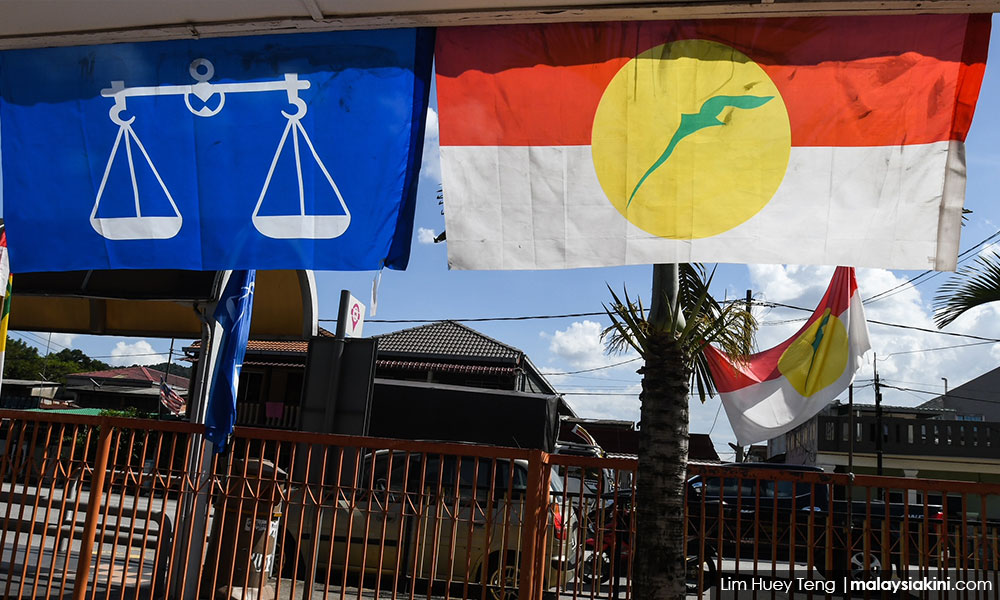
Those who benefited the most were the super rich, from the inflated value of government contracts and the lucrative terms of privatisation contracts. The money lost was the rakyat’s which suffered through persistently lower wages, higher costs of services, unequal distribution of economic output, and loss of government revenue and higher costs to the government.
Rise of kleptocracy
Since there was no mechanism of check and balance, with even the independence of the judiciary and enforcement authorities eroded progressively and substantially by the BN, there was considerable abuse of power and massive corruption.
This culminated in the kleptocracy, theft by those in power, of some US$7 billion through 1MDB. And the abuse continues with tens of billions of ringgit worth of contracts being given out without any proper assessment, evaluation, transparency and accountability. The capital costs of some of these will affect future generations via delayed payment schemes.
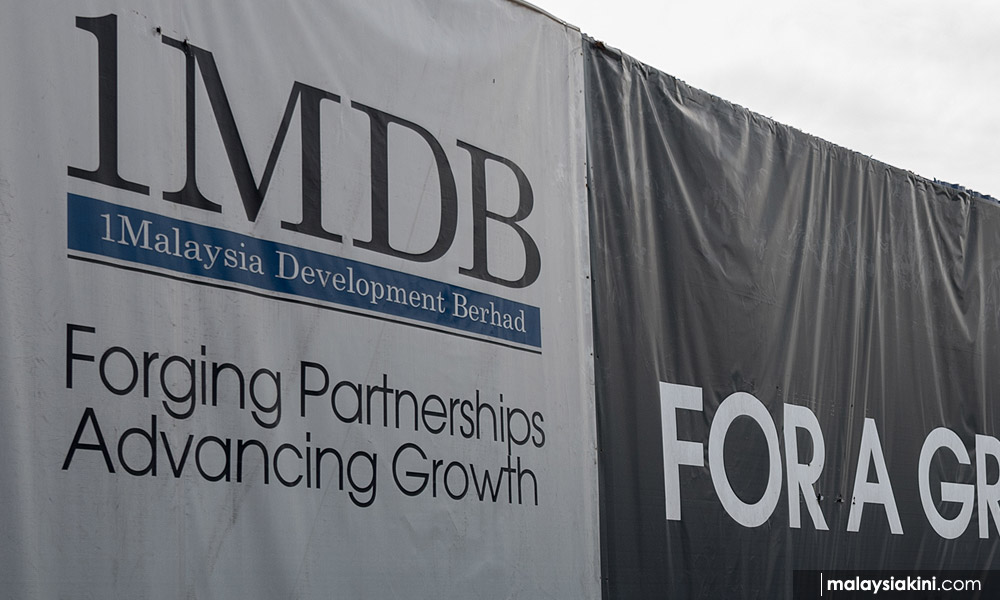
No mistake about it, the curse of corruption is well and truly upon us and the longer it remains the more difficult it will be to remove. Eventually the country can sink to the depths of despair, if it hasn’t already - an example of a perfectly viable country, where people were united towards a common cause of a better life for all, decaying through untrammelled corruption.
A mere denial of two-thirds majority is insufficient. Those in power must be shown that if they do not perform in the interests of the rakyat, they will be removed and someone else will be given a chance. A change of government will achieve that and provide the rakyat with much-needed confidence that they have the ability to do so. That will also keep future governments on the straight and narrow.
For that to happen, narrow thinking along racial and religious lines need to be replaced with rational assessment of which side will be better for the rakyat as a whole. Also, the opposition should show that they are prepared to give the power to the rakyat via proportional representation where every vote has equal weightage and to believe in the principles of transparency and accountability.
We will know soon enough whether the electorate has reached that level of maturity or whether we will have to try again later.
P GUNASEGARAM says we should try harder and lend a shoulder the greater the obstacle. E-mail: t.p.guna@gmail.com. - Mkini



No comments:
Post a Comment
Note: Only a member of this blog may post a comment.